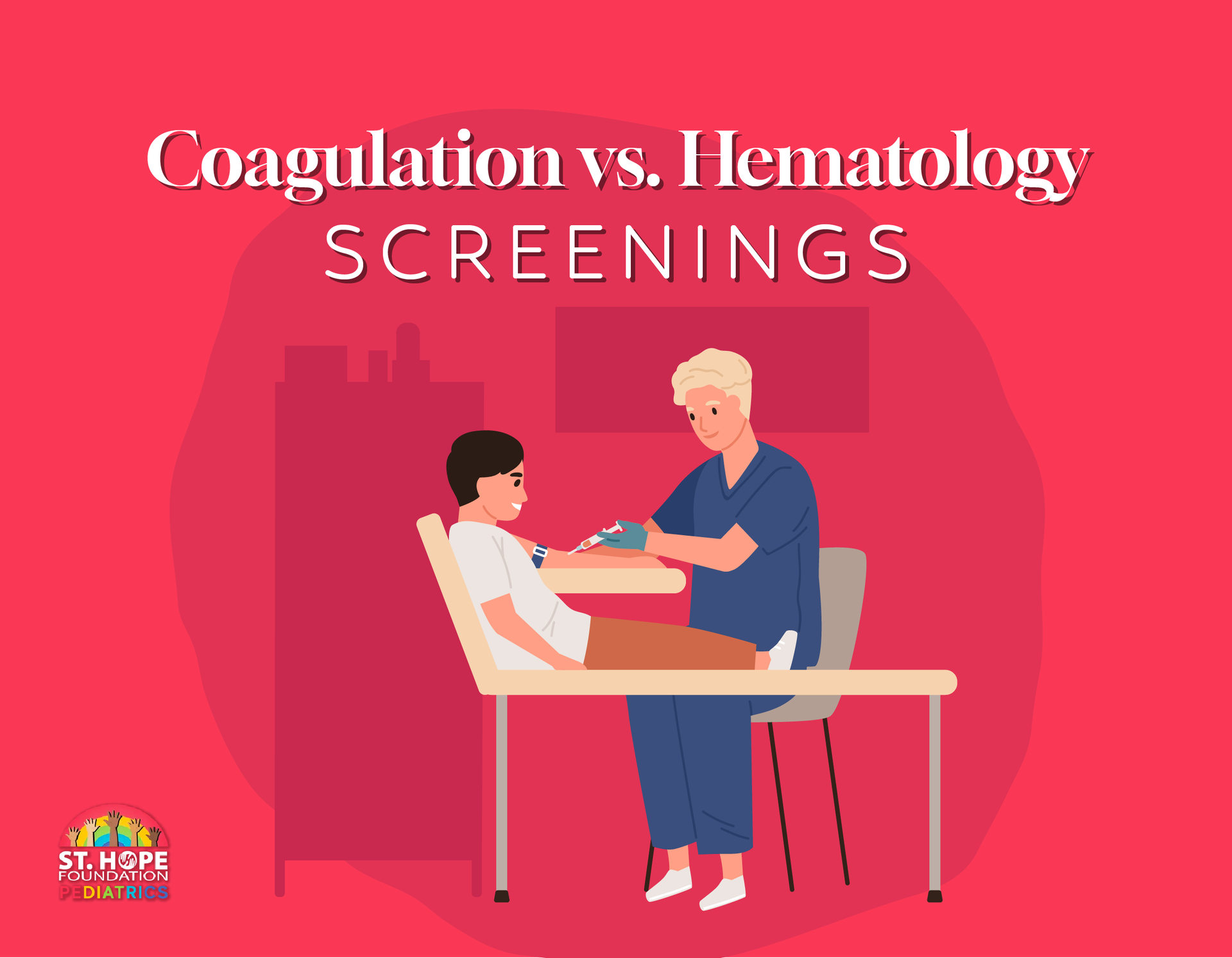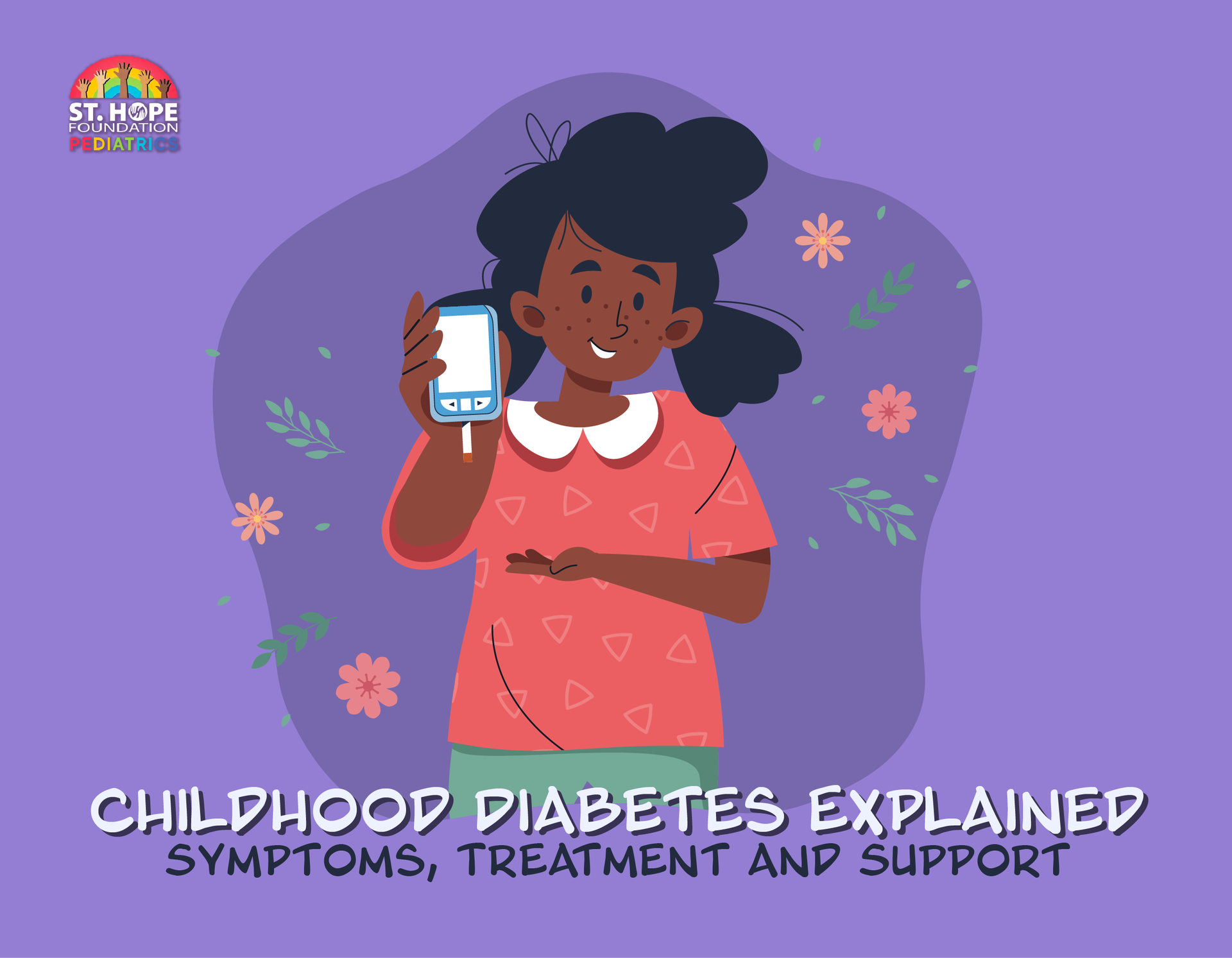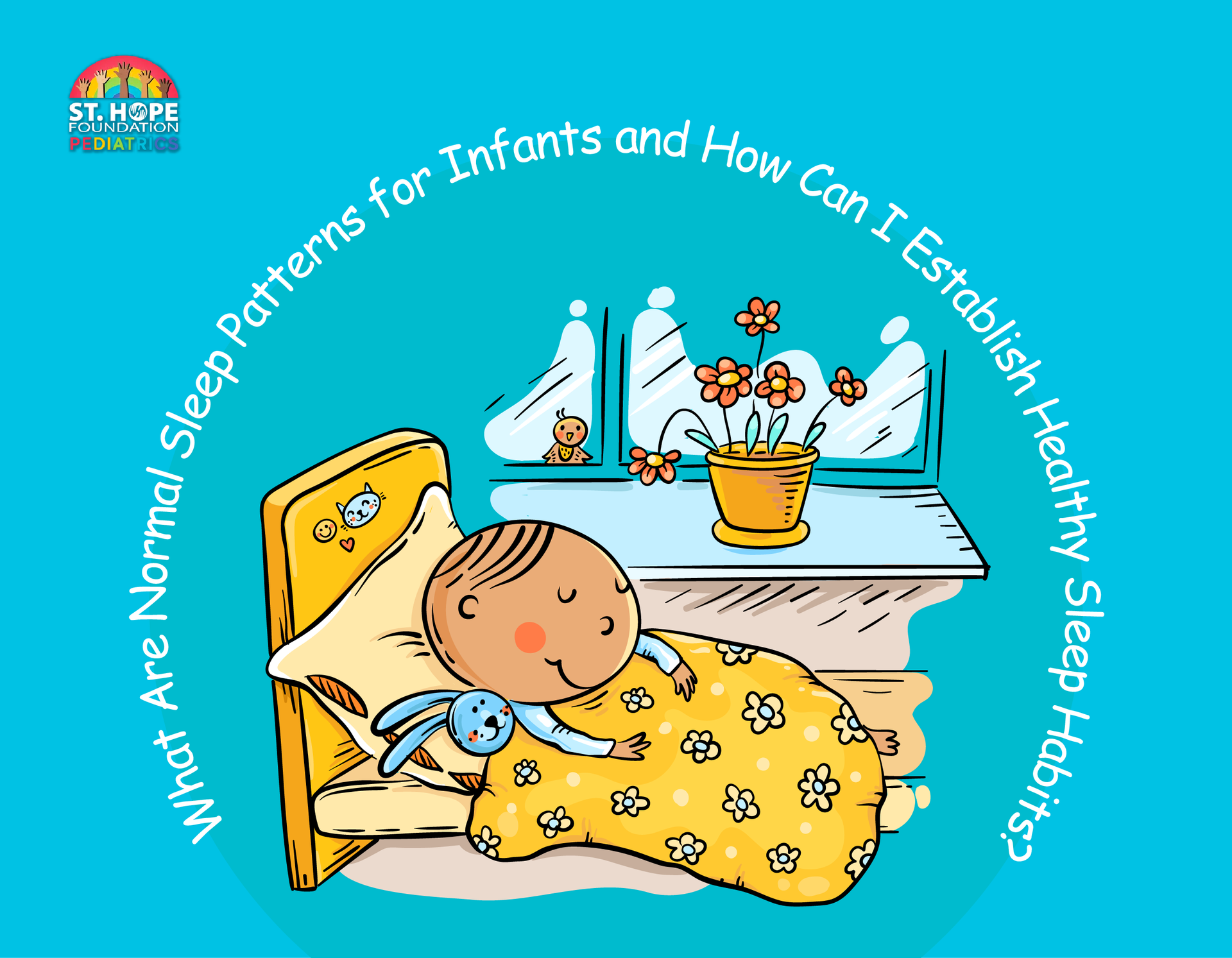Locations in Sugar Land and Greenspoint | Call Today to Schedule an Appointment!
Scheduling is Available 24/7 | For Existing Patients Please Call (956) 593-1337

Coagulation and hematology screenings are tests to assess the functionality and composition of a patient’s blood. Each screening can help identify blood problems that may negatively affect the patient’s health and enable doctors to develop an effective treatment and management plan.
While hematology and coagulation screenings are similar in the sense that they both assess and monitor the health of an individual's blood, each screening is carried out in different ways. These tests help catch blood-related conditions early on and can be an important component of maintaining the overall health and wellness of patients who have already been diagnosed with ailments or conditions that affect their blood.
Understanding Hematology Screenings
Hematology focuses on the study of red and white blood cells, platelets, blood-forming tissues and disorders related to blood and the components of blood. During a hematology screening, blood components are analyzed in order to assess overall blood health and detect any abnormalities or blood disorders like anemia or leukemia.
A hematology screening isn’t really a single test. With one blood sample, lab techs can perform:
- Complete Blood Count (CBC): The CBC shows the blood's cellular composition. It measures the number of red blood cells, white blood cells and platelets. This provides information about the oxygen-carrying capacity, immune function and clotting ability of a patient’s blood.
- Differential Blood Count: This part of a hematology screening delves deeper into white blood cell types and helps identify specific conditions such as infections, allergies or different autoimmune disorders.
- Peripheral Blood Smear: A peripheral blood smear is a microscopic examination where a thin layer of blood is spread on a slide and analyzed under a microscope. It gives doctors detailed observations of blood cell morphology, which can help diagnose different blood disorders.
- Erythrocyte Sedimentation Rate (ESR) and C-Reactive Protein (CRP) Testing: These tests assess inflammation levels in the body and may uncover signs of underlying conditions like infections or autoimmune disorders.
Understanding Coagulation Screenings
While hematology deals with the cellular components of blood, coagulation screenings measure the blood's ability to clot.
A coagulation screening, also known as a clotting profile or coagulation panel, can help identify disorders such as hemophilia, von Willebrand disease and other blood clotting conditions.
- Prothrombin Time (PT) and International Normalized Ratio (INR): PT measures the time it takes for blood to clot. INR ensures consistency of the time across different laboratories. These tests are crucial, especially when monitoring anticoagulant therapy, such as warfarin, and verifying the accuracy of results to ensure treatments work properly.
- Activated Partial Thromboplastin Time (aPTT): This test evaluates the common pathways of clotting. It is often used to monitor heparin therapy, an anticoagulant medication.
- D-Dimer Test: Elevated levels of a protein fragment called D-dimer, may indicate the presence of an active blood clot. This test is beneficial in diagnosing conditions like deep vein thrombosis, pulmonary embolism and more.
- Fibrinogen Level: Fibrinogen is a key protein in the clotting process. Assessing its levels helps evaluate the blood's ability to form clots.
Key Differences of Hematology vs. Coagulation
Hematology screenings and coagulation screenings are both important aspects of assessing blood health. Their significance depends on the specific health concerns and conditions being addressed.
Hematology screenings are generally done during a routine blood test in order to provide a full assessment of blood health. Their importance is situational depending on the patient’s health or suspected issues.
For example, pregnant patients undergo periodic hematology screenings to ensure that the mother and the fetus are healthy throughout the pregnancy. A rapid hematology screening is also performed on people donating blood to ensure the blood is safe to be donated to other people in need.
Coagulation screenings are usually only conducted when clotting disorders are suspected. Depending on a patient’s medical history, a coagulation screening may be used prior to surgery, but it’s no longer considered routine pre-operative screening.
Trust St. Hope Pediatrics for Your Child’s Hematology and Coagulation Screenings
A hematology or coagulation screening may be vital for your child if their pediatrician suspects they may have a blood disorder. Diseases or chronic conditions affecting the blood can be extremely serious, and some of them are unfortunately common in children, like childhood leukemia, the most common childhood cancer.
If your child is in need of a hematology or coagulation screening in Houston, our professional medical team at St Hope Pediatrics is here to help. We strive to offer the best care, support and compassion for every child we treat.
Give us a call today at (713) 778-1300 to schedule your appointment.













